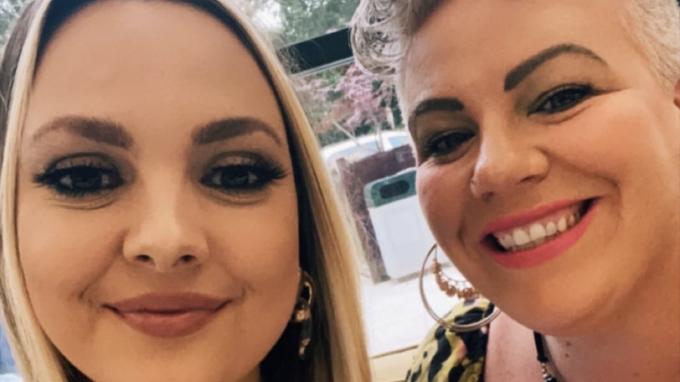Whether you’re doing the weekly shop, getting your foster child new school clothes, or organising their birthday surprise, we’ll make sure you have the financial support to give them the best care you can, without worrying about the cost.
You'll receive generous financial support, including a taxable income, as well as a weekly fostering allowance to help with the cost of caring for a child.
Our foster carers work hard and devote their time, expertise and love to help children and young people thrive who may not have had the best start in life. We understand that the more support you have, the more confident you’ll feel in your role as foster carer.
Want to talk to us about fostering?
How much money do foster carers receive?
One of the most common questions we get asked is “how much do foster carers get paid?”. As soon as you start caring for a child or young person, you’ll receive a fostering fee and allowance.
On average you'll receive £495 per week, but fees and allowances can go up to £630 depending on a number of factors, including:
-
the type of foster care you are providing
-
the number of children you care for
-
the age of the child(ren) you look after
-
the child's, or children's, needs
The payment you receive from us will be made up of two elements:
-
the maintenance allowance for each child you care for to help with costs for things like food, clothing, pocket money and birthdays
-
the foster carer fee, a taxable income in recognition of your fostering role
If you want to find out more about fostering allowances, get in touch with your friendly local fostering team. They are happy to answer your financial questions, as well as any other fostering queries you have. Find your local fostering service.
Do foster carers receive a pension?
Foster carers don’t receive a Barnardo’s pension, so we advise you to arrange a private pension plan. It is also important to consider that carers do not receive any fees or allowances for any period that you do not have a child in your care.
Do foster carers pay tax?
Foster carers now benefit from a fixed tax exemption of up to £19,360 per year (less if you foster for a shorter period), so you don’t have to pay tax on the first £19,360 income (after expenses) you make from fostering.
On top of the exemption, foster carers also get tax relief for every week that a child is in their care. This means you don’t usually pay tax on your earnings from foster care, even if they go over £19,360.
You can find more information about tax arrangements for foster carers on the Government’s website.
Note: All tax relief and exemption information sourced from the GOV.UK website.
Last updated: September 2024.
What other support do foster carers get?
-
Around-the-clock support
You’ll have a dedicated local support worker who will provide you tailored and professional support and advice. Alongside this, we have a 24/7 advice line where our friendly team are there for you no matter what.
-
Belonging to a community
We know it's so important to feel supported and be part of a like-minded peer group. Our local teams organise a calendar of regular fun events and meet-ups for foster families to get together, socialise and lean on each other’s advice and ideas.
-
Championing your development
Throughout your time with us we’ll provide you with training to build your confidence and gain new skills.
-
Membership with the Fostering Network
We provide you with a membership to The Fostering Network, to help you feel supported and connected in your role of transforming children and young people’s lives.
Find out more about the training and support we provide for foster carers.
Barnardo's are so open to what you need and what kind of training you think would be suitable for your own situation. The peer support that you get is nearly as valuable as the training itself.
Gillian
Foster carer with Barnardo's
Find out more about fostering with us

Could you be a foster carer?
There are so many things about you and your personality that will make you a great foster carer, but there are a few practical things you need too.

What it’s like becoming a foster carer?
People can feel intimidated by the process of becoming a foster carer and worry that it will take a long time or involve someone asking lots of personal questions. Don’t worry, we’ll be with you every step of the way.

"There’s a family feel to fostering with Barnardo’s”
Gillian and Megan are sisters-in-law with 13 children and several years of fostering experience between them. Read their thoughts on welcoming children into their family homes.

